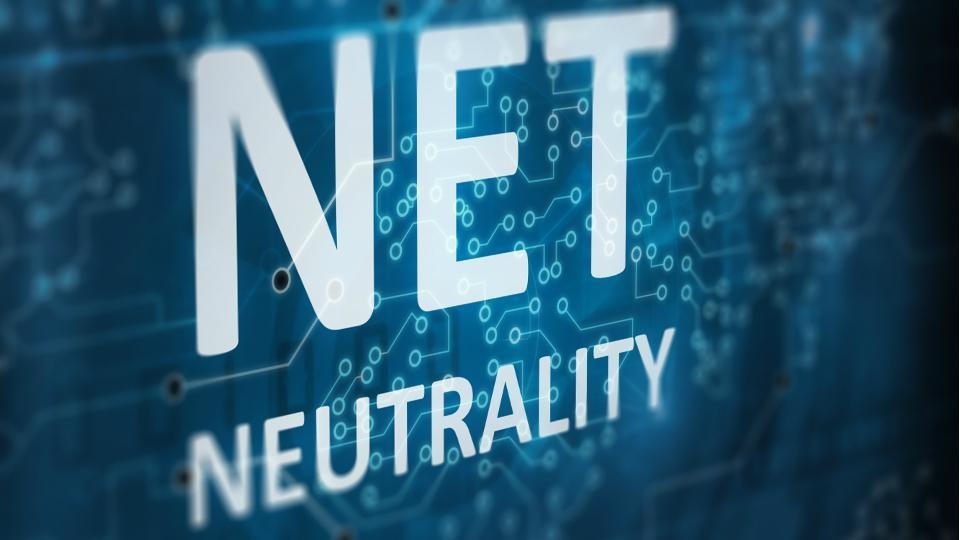India’s Internet will be governed by the rules of net neutrality as the Telecom Commission has accepted the recommendations made by regulatory body TRAI (Telecom Regulatory Association of India). The net neutrality rules means that Internet Service Providers (ISPs) cannot discriminate against Internet content and services by blocking, throttling or granting them higher speed access. India’s acceptance of Net Neutrality is a big victory for the open Internet movement. This is significant also because in the United States the Net Neutrality rules expired last month after the US Federal Communications Commission (FCC) voted against them in November 2017. In the US, with no Net Neutrality, it is no longer illegal for ISPs to slow, block or offer “paid prioritisation” to some websites as long as they disclose these practices. This reversed the initial pro-Net Neutrality rules from 2015.
India’s Internet will be governed by the rules of net neutrality as the Telecom Commission has accepted the recommendations made by regulatory body TRAI (Telecom Regulatory Association of India). The net neutrality rules means that Internet Service Providers (ISPs) cannot discriminate against Internet content and services by blocking, throttling or granting them higher speed access. India’s acceptance of Net Neutrality is a big victory for the open Internet movement. This is significant also because in the United States the Net Neutrality rules expired last month after the US Federal Communications Commission (FCC) voted against them in November 2017. In the US, with no Net Neutrality, it is no longer illegal for ISPs to slow, block or offer “paid prioritisation” to some websites as long as they disclose these practices. This reversed the initial pro-Net Neutrality rules from 2015.













387.jpeg)
331.jpeg)


185.jpeg)
445.jpeg)





